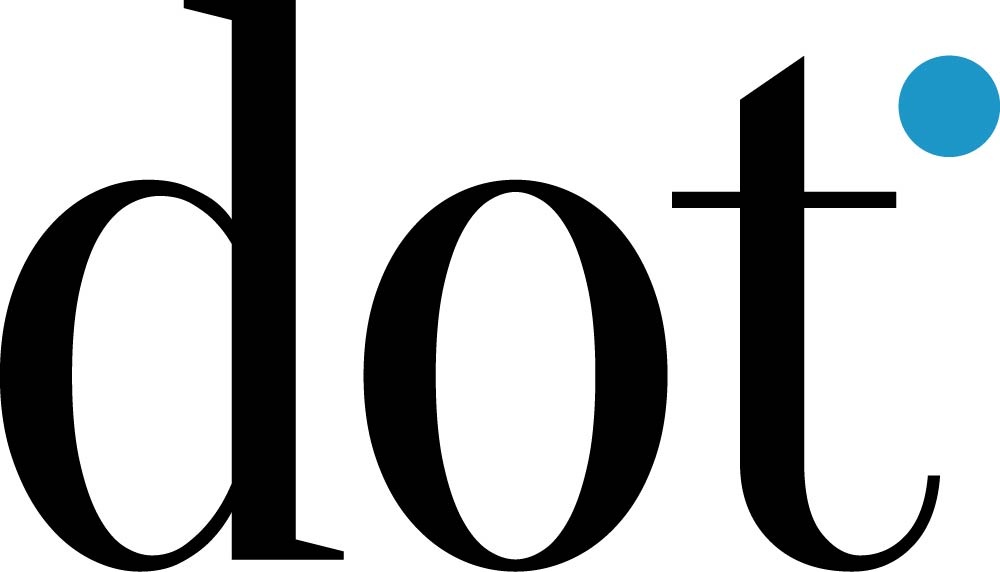Anmelden
Die Seite, die Sie aufrufen möchten, ist nur für registrierte Benutzer verfügbar.
You've made too many attempts at this request. Please try this action again in a few minutes.
Es treten Probleme auf? Administrator der Website kontaktieren
